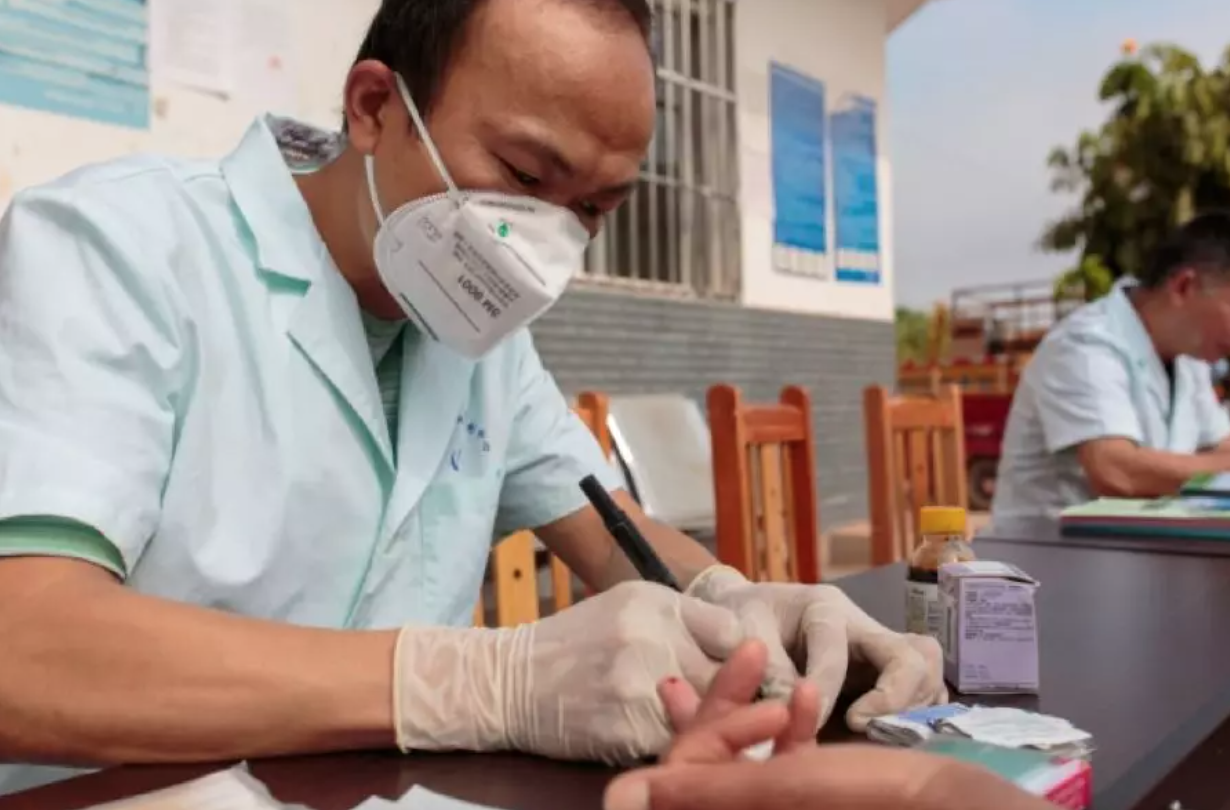The COVID-19 pandemic is testing the resilience of robust health systems around the world. While remarkable work is already underway to curtail the spread of the disease, it is essential that other killer diseases, such as malaria, are not ignored.
Malaria is a preventable and treatable disease caused by parasites that are transmitted to people through the bites of infected female Anopheles mosquitoes. In 2018, there were an estimated 228 million cases of malaria in 89 countries. However, no significant gains were made globally in reducing malaria cases in the period 2014 to 2018. The estimated number of malaria deaths in 2018 stood at 405 000, a similar number to the previous year.
“It’s time to get back on track, particularly in countries where malaria strikes hardest. First, we need to ensure that everyone at risk of malaria can access the services they need to prevent, diagnose and treat it, without suffering financial hardship. Second, we need to prioritize support for countries where the need is greatest. And third, we must ramp up investment in the research and development to deliver new tools.”
--WHO Director-General Dr Tedros Adhanom Ghebreyesus
China has reported zero indigenous malaria cases since 2017. However, over 8,000 imported malaria cases were confirmed in the past three years. Most of the patients had returned from malaria-endemic countries. Considering China has the Anopheles mosquitoes that could transmit malaria, the risk of malaria transmission will continue to exist.
In the context of COVID-19, ensuring access to core malaria prevention measures is an important strategy for reducing the strain on health systems; these include vector control measures, such as insecticide-treated nets and indoor residual spraying, as well as preventive chemoprevention [SPA1] [DW2] for pregnant women and young children. Furthermore, any interventions must consider the importance of both lowering malaria-related mortality and ensuring the safety of communities and health workers during COVID-19 pandemic.
Click here for our new guidance.
“Zero malaria starts with me”
The “Zero malaria” campaign engages all members of society: political leaders who control government policy decisions and budgets; private sector companies that will benefit from a malaria-free workforce; and communities affected by malaria, whose buy-in and ownership of malaria control interventions is critical to success. Join us in our shared effort to get to zero malaria.
What are the symptoms of malaria?
People infected with malaria usually start with fever, chills and flu-like symptoms. If left untreated, malaria can cause serious complications and even death in some cases. Malaria develops symptoms 7 days or more after infection, usually 10-15 days after the bite of an infected mosquito.
What should I do if I get sick?
Early diagnosis and proper treatment can save lives. It is important to start treatment as early as possible after infected with malaria. If you have been to the malaria endemic area, inform your health care provider and get tested. Suspected cases of clinical malaria should be detected in reliable diagnostic centres using microscopes or rapid diagnostic reagents.
For more information, please visit our website: https://www.who.int/malaria/en/

